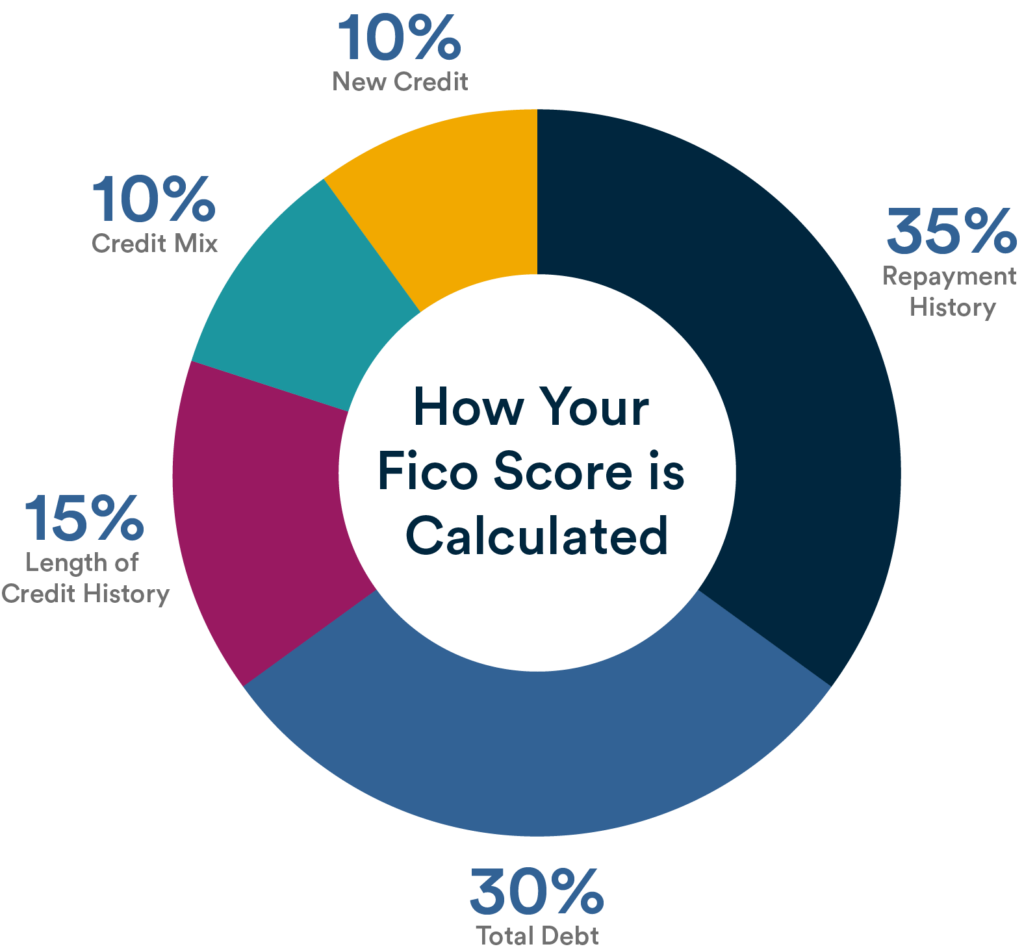In today’s financial landscape, credit scores have become a pivotal factor in determining an individual’s access to credit, housing, and even employment opportunities. However, beneath the veneer of objectivity lies a troubling truth: credit scoring systems are riddled with biases that disproportionately impact marginalized communities, raising serious concerns about fairness and equity.
The Racial Divide: A Persistent Bias
One of the most glaring issues with credit scoring systems is the inherent racial bias that permeates the algorithms used to calculate scores. Numerous studies have revealed a stark disparity between the credit scores of white Americans and their African American and Latino counterparts. On average, African American and Latino populations have substantially lower credit scores when compared to their white counterparts.
This racial divide can be traced back to historical factors rooted in systemic racism and economic inequality. Redlining, a discriminatory practice that denied access to financial services in certain neighborhoods, has left a lasting impact on the ability of minority communities to build generational wealth and establish strong credit histories.
Consequently, African Americans and Latinos often face greater challenges in accessing credit, securing housing, and achieving financial stability, perpetuating a vicious cycle of economic disadvantage.
Inaccuracies and Data Discrepancies
Beyond the issue of racial bias, credit scoring systems have also been criticized for their reliance on inaccurate or incomplete data. Credit reports, which serve as the foundation for credit scores, are notorious for containing errors, misattributions, and outdated information.
These inaccuracies can have far-reaching consequences, potentially denying individuals access to credit, employment, or housing opportunities based on flawed data. Additionally, the opaque nature of credit scoring algorithms makes it challenging for consumers to understand and challenge the factors that contribute to their scores.
Exclusion of Alternative Data Sources
Traditional credit scoring models have been criticized for failing to consider alternative data sources that could provide a more comprehensive view of an individual’s financial responsibility. Factors such as rental payments, utility bills, and other recurring expenses are often overlooked, despite their potential to shed light on an individual’s ability to manage financial obligations.
By excluding these alternative data sources, credit scoring systems effectively exclude individuals who may have limited or no traditional credit histories, further exacerbating the issue of financial exclusion for marginalized communities.
The Impact on Financial Well-being
The biases and flaws inherent in credit scoring systems have far-reaching consequences that extend beyond mere numbers. Poor credit scores can limit access to affordable credit, resulting in higher interest rates and increased financial burdens for those who can least afford them.
Furthermore, credit scores are increasingly used in non-financial domains, such as employment and housing decisions, creating additional barriers to economic mobility and stability for individuals with lower scores.
Addressing the Unfairness: A Call for Reform
Addressing the unfairness in credit scoring systems requires a multi-faceted approach that involves stakeholders from various sectors, including policymakers, financial institutions, and consumer advocacy groups.
Some potential solutions include:
- Mandating greater transparency in credit scoring algorithms and holding credit reporting agencies accountable for inaccuracies.
- Incorporating alternative data sources, such as rental and utility payments, into credit scoring models to promote inclusivity.
- Implementing stronger regulatory frameworks to prevent discriminatory practices and ensure fair lending practices.
- Promoting financial education and empowerment initiatives to help marginalized communities build and maintain healthy credit profiles.
- Exploring alternative credit scoring models that prioritize fairness and equity over profit-driven objectives.
Ultimately, the issue of unfairness in credit scoring systems is not merely a matter of numbers; it is a matter of social justice and equal opportunity. By recognizing and addressing the biases and flaws inherent in these systems, we can work towards creating a more equitable financial landscape that promotes economic mobility and stability for all.
Why Credit Scores Are Completely Bogus!
FAQ
How are credit scores fair?
Is a credit score a pseudoscience?
Can I argue my credit score?
Is it OK if credit score is fair?

